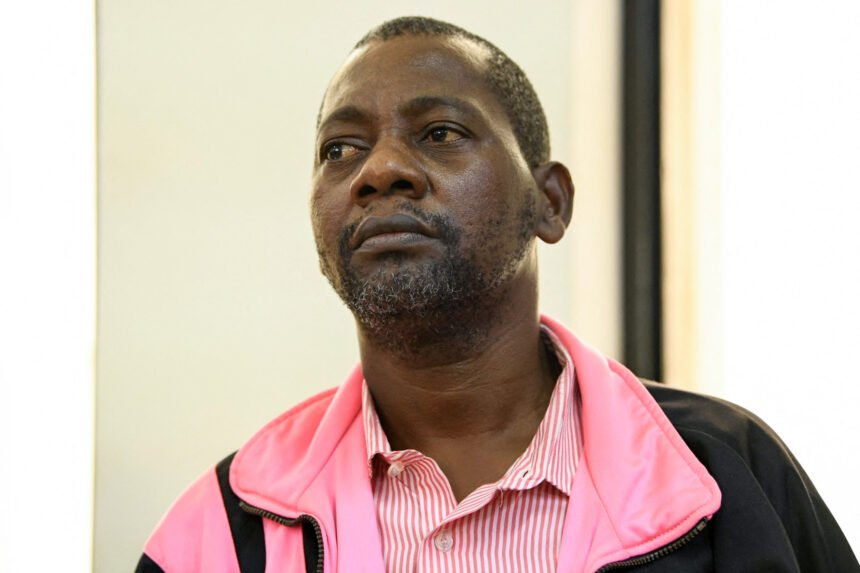In a harrowing turn of events, a Kenyan court has mandated that cult leader Paul Mackenzie and 30 of his associates undergo mental health evaluations before facing charges related to the alleged murder of 191 children. The court’s decision sheds light on the disturbing activities of the Good News International Church, headed by Mackenzie, which stands accused of orchestrating a mass tragedy.
Mackenzie, who was apprehended in April last year, has been held in pre-trial detention as investigations unfold. The charges stem from the discovery of bodies in Shakahola Forest, located in southeastern Kenya near the Indian Ocean coast. Shockingly, the cult leader is accused of instructing his followers to starve themselves and their children to death in a twisted belief that it would lead them to meet Jesus before an impending apocalypse.
The New York Times reports that Mackenzie marketed Shakahola Forest as an evangelical Christian sanctuary, a refuge from what he claimed was an imminent doomsday scenario. The forest, intended to be a place of solace and spirituality, became a tragic burial ground as more than 400 bodies were unearthed during investigations.
The court’s decision to order mental health evaluations for Mackenzie and his associates underscores the complexity of this case. It raises questions about the psychological and emotional influence wielded by cult leaders over their followers. The horrifying nature of the alleged crimes has shocked both the local community and the international audience.
About Cult Leader:
As the investigations continue, the authorities face the challenging task of untangling the web of beliefs and actions that led to this devastating outcome. The delay in the legal proceedings, marked by multiple extensions of Mackenzie’s pre-trial detention, highlights the intricate nature of the case and the thoroughness required in seeking justice.
The impact of such incidents reaches beyond the immediate legal ramifications. It prompts reflection on the vulnerability of individuals susceptible to manipulation by charismatic leaders and the urgent need for safeguards against the exploitation of faith for nefarious purposes.
This tragic chapter serves as a stark reminder of the importance of vigilance and scrutiny when it comes to religious or spiritual movements. It calls for a collective effort to ensure the protection of individuals from the potential dangers posed by those who misuse their influence to perpetrate heinous acts in the name of belief. The aftermath of the Shakahola Forest revelation serves as a somber cautionary tale, urging societies to remain vigilant against the potential abuse of trust and power within communities.







